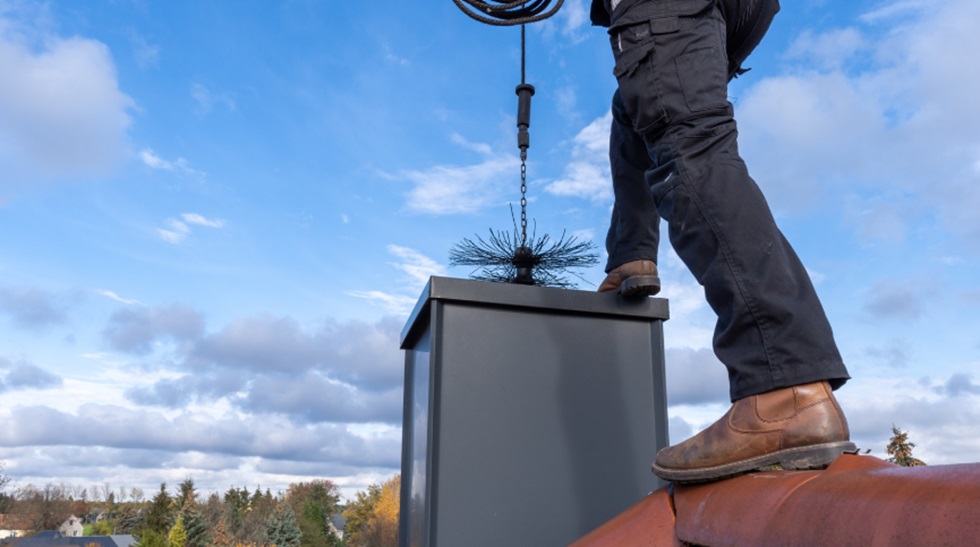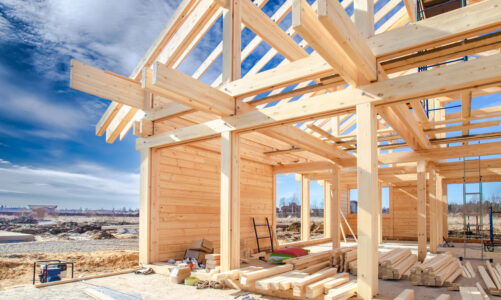A well-maintained chimney is key to your home’s safety and comfort. Regular cleaning prevents potential risks like chimney fires and ensures your fireplace operates efficiently. If you’re wondering when to schedule a service for chimney cleaning in Duluth, this guide outlines everything you need to know.
Factors That Determine Chimney Cleaning Frequency
When it comes to chimney maintenance, there’s no one-size-fits-all answer. Several factors influence how often your chimney should be cleaned. These include your fireplace usage, the type of fuel you burn, and the age and condition of the chimney.
Fireplace Usage
Households that frequently use their fireplaces, especially during colder months, should schedule chimney cleaning services more often. Creosote, a flammable byproduct of burning wood, can build up over time and pose a fire hazard. For homes where wood-burning fireplaces are a primary heat source, cleaning at least once a year is essential.
Type of Fuel
The fuel type makes a big difference in how dirty your chimney gets. Wood-burning fireplaces, particularly those using unseasoned or green wood, tend to create more creosote buildup than gas fireplaces. If you prefer gas or pellet stoves, you may get by with less frequent maintenance, but inspections remain essential.
Chimney Condition and Repairs
An older chimney may need more attention to ensure it remains safe. Issues like cracks or loose bricks can lead to blockages or drafts. Addressing structural concerns is part of proper maintenance, so consider reading about what chimney repointing is to understand how repairs can help improve the durability of your chimney.
Recommended Schedule for Chimney Cleaning
The National Fire Protection Association (NFPA) suggests that chimneys, fireplaces, and vents be inspected at least once a year. However, the cleaning schedule can vary based on your circumstances:
- Annual Cleaning: This is the standard recommendation for most households. Regular inspections and cleaning will keep creosote levels manageable and address any blockages.
- Seasonal Cleaning: If you rely heavily on your fireplace during winter or colder seasons, inspecting and cleaning the chimney before and after the season begins may be wise.
- Bi-Annual Cleaning: For homes that burn wood excessively or use inefficient stoves, scheduling cleaning twice a year minimizes buildup risks.
Signs Your Chimney Needs Immediate Attention
Even if you’re following a schedule, there are times when your chimney might need earlier intervention. Look out for these red flags:
- Strong or unusual odors coming from the fireplace
- Visible soot buildup around the hearth or flue area
- Smoke entering your home instead of venting through the chimney
- Strange noises, which might indicate critters or blockages
If any of these issues arise, scheduling cleaning and maintenance promptly ensures both safety and functionality.
Benefits of Regular Chimney Cleaning
Keeping your chimney clean offers many advantages. Apart from reducing fire risks, it ensures better indoor air quality. Soot and creosote buildup can release harmful fumes into your home, causing potential respiratory issues. Explore this article on the benefits of chimney maintenance for better air quality to understand how regular upkeep directly impacts your health and comfort.
Chimney cleaning also extends the life of your fireplace. Well-maintained chimneys are less likely to suffer from long-term damage, keeping major repair expenses at bay. Whether it’s addressing structural issues or ensuring proper draft performance, consistent care pays off.
Conclusion
Chimney maintenance isn’t just about keeping your fireplace clean; it’s an investment in your home’s safety. Schedule inspections and cleaning sessions based on your usage patterns and avoid neglecting maintenance for too long. Safety hazards like chimney fires and poor airflow are preventable with proper care. Don’t wait for visible signs of trouble; stay proactive to enjoy your fireplace worry-free throughout the year.




